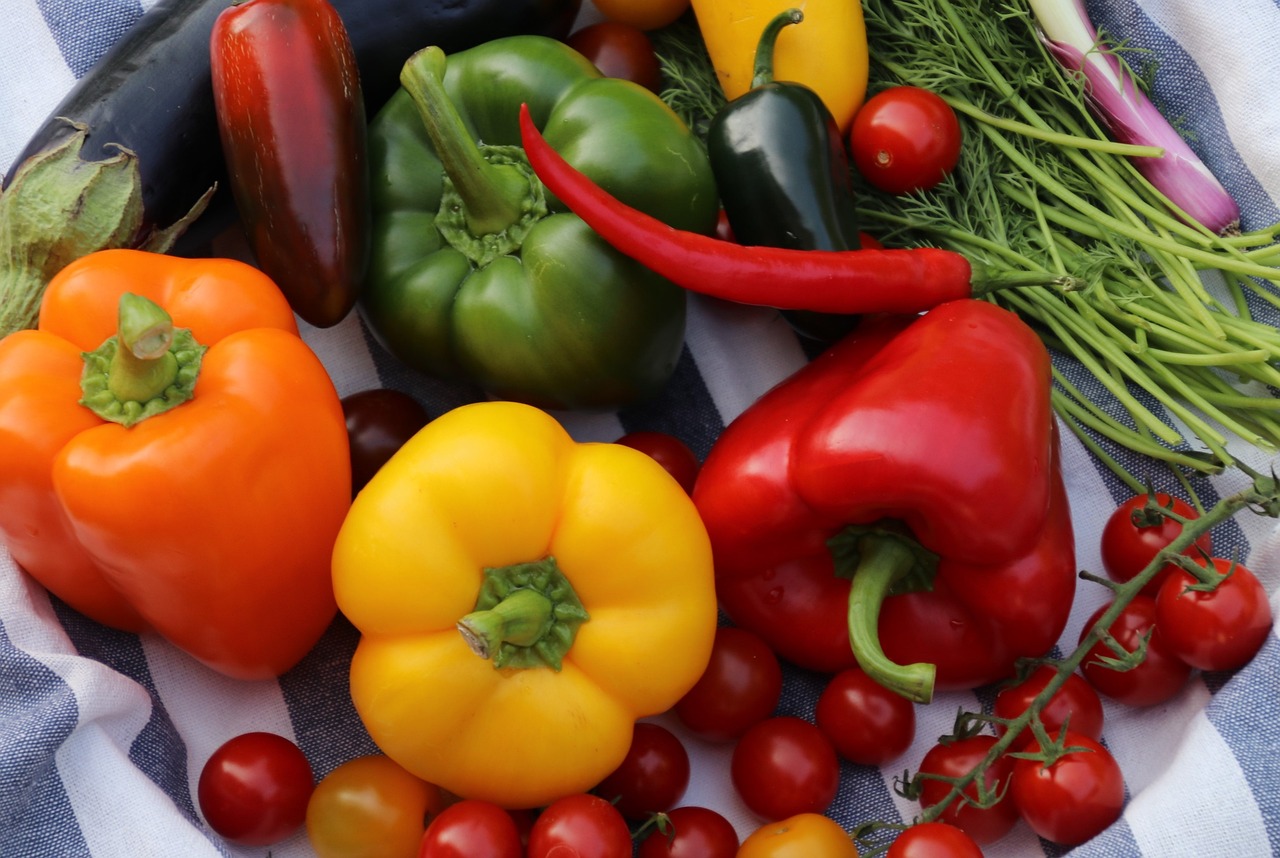The Impact of Blockchain in Food Traceability
Implementing blockchain in food traceability offers numerous advantages for stakeholders across the supply chain. One key benefit is the enhanced transparency it provides, allowing for real-time tracking of the journey of food products from farm to table. This transparency not only improves trust among consumers but also helps in identifying and addressing issues such as food fraud and contamination more quickly and effectively.
Moreover, the immutability of blockchain technology ensures that data related to food traceability cannot be altered or tampered with, reducing the risk of fraudulent activities. This not only streamlines the verification process but also improves the overall efficiency of tracing products back to their original source. By leveraging blockchain in food traceability, businesses can also significantly reduce the time and resources required for managing recalls and compliance with food safety regulations.
Challenges Faced in Implementing Blockchain in Food Traceability
Blockchain implementation in food traceability faces several challenges. One major obstacle is the lack of standardization across the industry, making it difficult for different stakeholders to align their systems and processes. Without a common framework, the efficiency and effectiveness of blockchain technology in tracing food supply chains are compromised.
Additionally, the high costs associated with implementing blockchain can be prohibitive for many food companies, especially smaller businesses. From initial setup and integration to maintenance and upgrades, the financial investment required can deter organizations from adopting blockchain solutions. This financial burden creates a barrier to entry for companies looking to improve traceability in their food supply chains.
How Blockchain Improves Transparency in Food Supply Chains
Blockchain technology revolutionizes the transparency of food supply chains by providing an immutable and decentralized ledger of transactions. Each step in the food supply chain, from farm to table, can be recorded on the blockchain, ensuring that the information is accessible to all participants in real-time. This level of transparency helps to enhance trust between stakeholders and allows for quick identification of any issues in the supply chain.
Furthermore, blockchain technology enables consumers to trace the journey of their food products, providing them with detailed information about the origin, processing, and distribution of the items they purchase. This transparency not only fosters confidence in the quality and safety of the food but also encourages ethical and sustainable practices within the industry. By empowering consumers with such knowledge, blockchain improves accountability throughout the food supply chain ecosystem.





